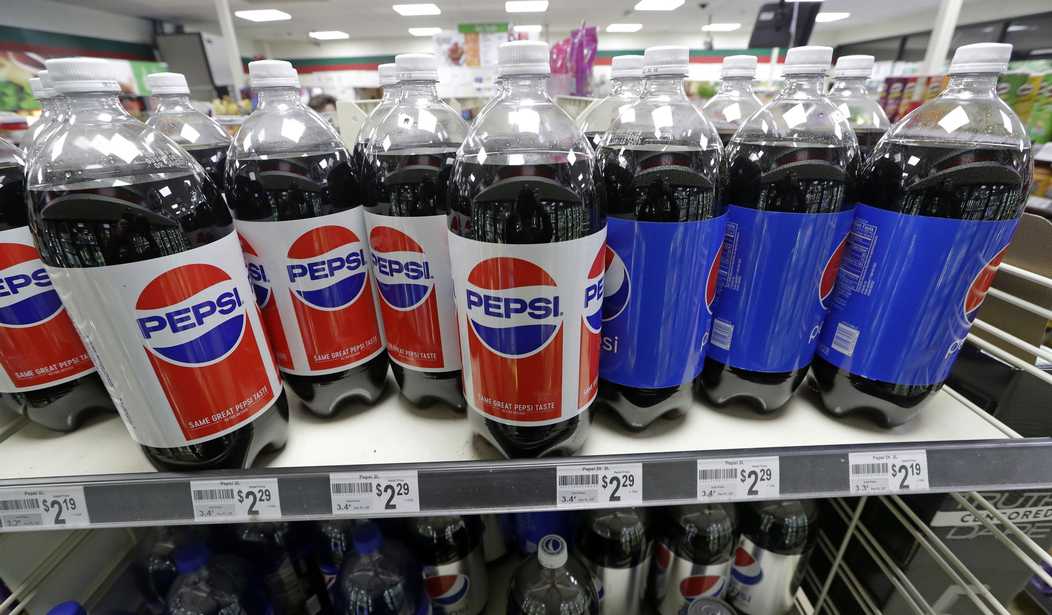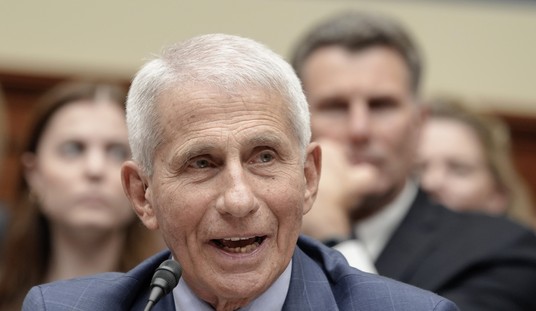It’s no secret that politicians like to spend other people’s money. From flashy new sports stadiums and questionable transit projects to public art displays, politicians never run short of ideas for costly new pet projects. However, to fund these extravagant spending sprees, politicians must constantly identify new revenue streams, usually from public tax dollars.
One such scheme involves sugary beverage taxes, where politicians, usually at the city level, propose new taxes on sugary beverages, usually soda, that they say are needed to cut sugar consumption and raise money for health and wellness programs. Such taxes are popular because they typically face little opposition since they are marketed as necessary for improving health outcomes. Unfortunately, health outcomes rarely improve, and the new tax revenue is spent on other city priorities. Worse, low-income Americans tend to carry a disproportionate share of the tax burden since they are statistically more likely to consume sugary beverages than other Americans. As a result, those Americans who can least afford to pay more taxes are those who do.
Over the last few years, sugary beverage taxes have popped up in cities across the nation ranging from Philadelphia and Seattle to Oakland and Washington, D.C. While these taxes vary in size and scope, they are all inherently regressive and frequently fail to meet their expectations.
One recent example comes courtesy of the city of Oakland, where in August, it was reported that just 28 percent of the expected seven million in sweetened beverage tax revenue would go toward community-based organizations as was initially recommended by the city’s Sugar-Sweetened Beverage Community Advisory Board. Despite city residents voting to create the advisory board in 2016 for “making recommendations to the City Council on setting up and/or funding programs that prevent or reduce the health consequences of consuming sugar-sweetened beverages,” city leaders redirected most of the tax revenue to other services.
Recommended
In April, the board recommended that 60 percent of the revenue from Oakland’s Sugar-Sweetened Beverage (SSB) tax go to community organizations that support residents’ health and wellness. Yet, according to Oakland’s budget records, city leaders spent most of the money on other items like administrative costs for Oakland’s Parks, Recreation, and Youth Development. A report by the Oakland nonprofit SPUR found that city leaders allocated just 25 percent of SSB tax revenue for 2022-2023 to community-based grants, despite pleas from the organization that the city honor the board’s original recommendations.
While disappointing, these results aren’t surprising. Sugary beverage taxes often have little to do with improving public health and everything to do with generating new revenue streams for politicians. Sometimes politicians are open about this.
For instance, in 2016, Philadelphia sold its idea of a sugary beverage tax to voters based on the promise of generating new funding for pre-K education and community school programs. Ironically, city leaders also acknowledged that the tax would hit “poor neighborhoods” the hardest since that is where soda advertising is often targeted. In addition, they expected distributors to pass on about “half the cost” of the tax to consumers. While the tax did generate some new tax revenue for education, most of it was deposited in the city’s General Fund, where it “remains untracked and can be used for other funding purposes."
Unfortunately, this is the nature of such taxes. They succeed in generating new tax revenue, but rarely does the money go where it is supposed to, and even when it does, it comes at a heavy cost to consumers. Studies consistently find that sweetened beverage taxes have a negligible effect on sugar consumption. Still, they inconvenience consumers by requiring them to pay more for a product or shop further away. They also routinely negatively impact the local economy by destroying jobs, reducing economic output, and forcing small businesses to jack up prices for products that consumers want.
Despite their often-greedy motivations for introducing such taxes, most politicians claim to care about improving health outcomes. However, if this is true, they should focus less on passing ineffective sugary beverage taxes and more on educating the public about the health risks of high sugar consumption. By all accounts, these taxes are policy failures that do not improve public health. Moreover, research suggests that Americans are already moving away from sugary beverages like soft drinks as new beverage options become available and younger generations embrace health-conscious living. Politicians need only encourage existing trends, not try to dictate behavior via taxation.
Nate Scherer is a policy analyst with the American Consumer Institute, a nonprofit education and research organization. For more information about the Institute, visit us at www.TheAmericanConsumer.Org or follow us on X @ConsumerPal.

























Join the conversation as a VIP Member